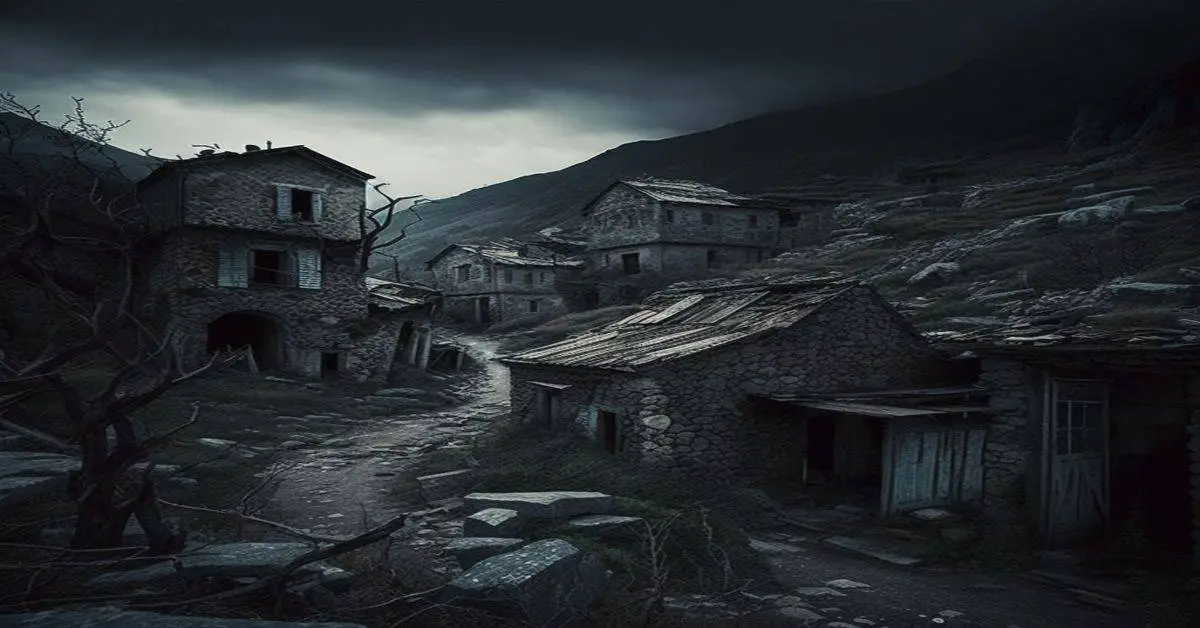Nestled within the majestic Blue Mountains of Sumpter, Oregon, is a town steeped in history that offers a unique glimpse into the past. Named after Fort Sumter in South Carolina, the town’s primary industries have been logging and mining.
Today, the town’s economy is driven by tourism and recreation, with several historic preservation projects underway to showcase Sumpter’s rich heritage. One of the main attractions of Sumpter is the museum that showcases life during the Gold Rush era.
Another unique feature is the Sumpter Valley gold dredge, which is now a heritage state park. Despite its small population of only 175, the town has numerous original homes and historic buildings being refurbished.
The town’s three flea markets a year also attract visitors from far and wide. Sumpter’s charm lies in its ability to transport visitors back in time and give them a taste of the past, making it a must-visit attraction for those interested in history and heritage.
Key Takeaways
- Sumpter is a historic mining town in Oregon’s Blue Mountains, established in 1862 during the gold rush era.
- Today, Sumpter’s economy is driven by tourism and recreation, offering visitors a glimpse into the past while also providing opportunities for modern-day recreation.
- Sumpter’s attractions include a museum showcasing life during the gold rush era, a heritage state park with a dredge and a narrow gauge steam train, and a stroll through the town’s historic district.
- Sumpter’s charm lies in its ability to transport visitors back in time, making it a must-visit attraction for those interested in history and heritage.
Location and History
Sumpter, a historic mining town located in Oregon’s Blue Mountains and named after Fort Sumter in South Carolina, has a rich history in logging and mining industries. The town was established in 1862, during the gold rush era, and quickly became a center of mining activities.
The primary industries in Sumpter were logging and mining, which brought significant economic growth to the town in the late 1800s and early 1900s. Sumpter’s name was inspired by Fort Sumter, a United States Army post in South Carolina where the first shots of the American Civil War were fired.
The town’s significance in the mining industry was unparalleled in Oregon during the late 19th century, and it was an important hub for transportation and commerce. Today, Sumpter’s economy is driven by tourism and recreation, and the town has several historic preservation projects underway to protect its rich heritage.
“Tragedy struck in 1917. As the mines were playing out, the city witnessed a devastating fire. The flames likely began in the Capitol Hotel and burned nearly 100 buildings over 12 town blocks. Dynamite was needed to put out the fire and only a few fireproof buildings remained, including the brick vault of the local bank. Since the mines were already going bust, few people had any incentive to stay and rebuild. Most former residents simply moved on.”
https://sos.oregon.gov/archives/exhibits/ghost/Pages/mining-sumpter.aspx
Economy and Attractions
Tourism and recreation are the primary economic activities in Sumpter, with the town capitalizing on its rich history to draw visitors. The town has several historic preservation projects underway, with many original homes and buildings still standing and being refurbished. Local businesses have also sprung up to cater to the needs of tourists, offering lodging options such as new cabins and a year-round motel.
Sumpter’s attractions include a museum showcasing life during the gold rush and three annual flea markets that draw vendors and visitors from around the area. The town is also home to a heritage state park with a dredge and a narrow gauge steam train that operates from May to October, providing an immersive experience into the town’s mining past. These attractions are open to visitors on Labor Day weekend and the 4th of July weekend, with the town taking on a country-fair feeling during those times.
Overall, Sumpter offers visitors a glimpse into the past while providing opportunities for modern-day recreation.
Population, Buildings, and Impressions
Nestled in the picturesque Blue Mountains, the small community of Sumpter boasts a population of 175 residents and a collection of original homes and historic buildings being refurbished. While the town has declined since 1916, some newer buildings have been added, and there are ongoing efforts to preserve Sumpter’s history. Progress in refurbishment can be seen throughout the town, with many buildings and houses still standing and being restored.
Visitors can stroll through the town’s historic district to admire the architecture and learn about the town’s past. Sumpter has a country-fair feeling on Labor Day weekend and the 4th of July weekend, with seasonal events that draw in tourists and locals alike. However, the town shuts down in the winter, with the Sumpter Valley gold dredge and train depot closed to visitors.
Despite the seasonal nature of the town’s attractions, Sumpter remains a worthwhile sight to visit, with its rich history and quaint charm. Visitors can stay in new cabins open in the summer or the motel open year-round to experience the town’s unique character firsthand.
Frequently Asked Questions
What is the climate like in Sumpter, Oregon?
Sumpter’s climate is characterized by cold, snowy winters and mild summers. This makes it a perfect location for outdoor activities such as hiking, fishing, and camping. Visitors can also expect various wildlife sightings, including deer, elk, and birds.
Are there any famous residents or notable events associated with Sumpter?
Unfortunately, Sumpter does not have any notable residents or events. However, the town’s rich history and preserved buildings make it a unique and interesting destination for those interested in the gold rush and Oregon’s past.
How has Sumpter’s economy changed over time?
The mining and logging industry primarily drove Sumpter’s economic development in its early history. However, with the decline of these industries, tourism and recreation have become the present economic base, with historic preservation projects underway.
What is the cost of living in Sumpter compared to nearby cities?
Compared to nearby cities, the cost of living in Sumpter, Oregon is higher due to limited job opportunities and the town’s remote location. However, its historic charm and tourism industry provides unique benefits.
Is there a local folklore or ghost stories associated with Sumpter’s past?
No known haunted locations or supernatural sightings are associated with Sumpter’s past. Despite its history as a mining town, no folklore or ghost stories are commonly shared among locals or visitors.


